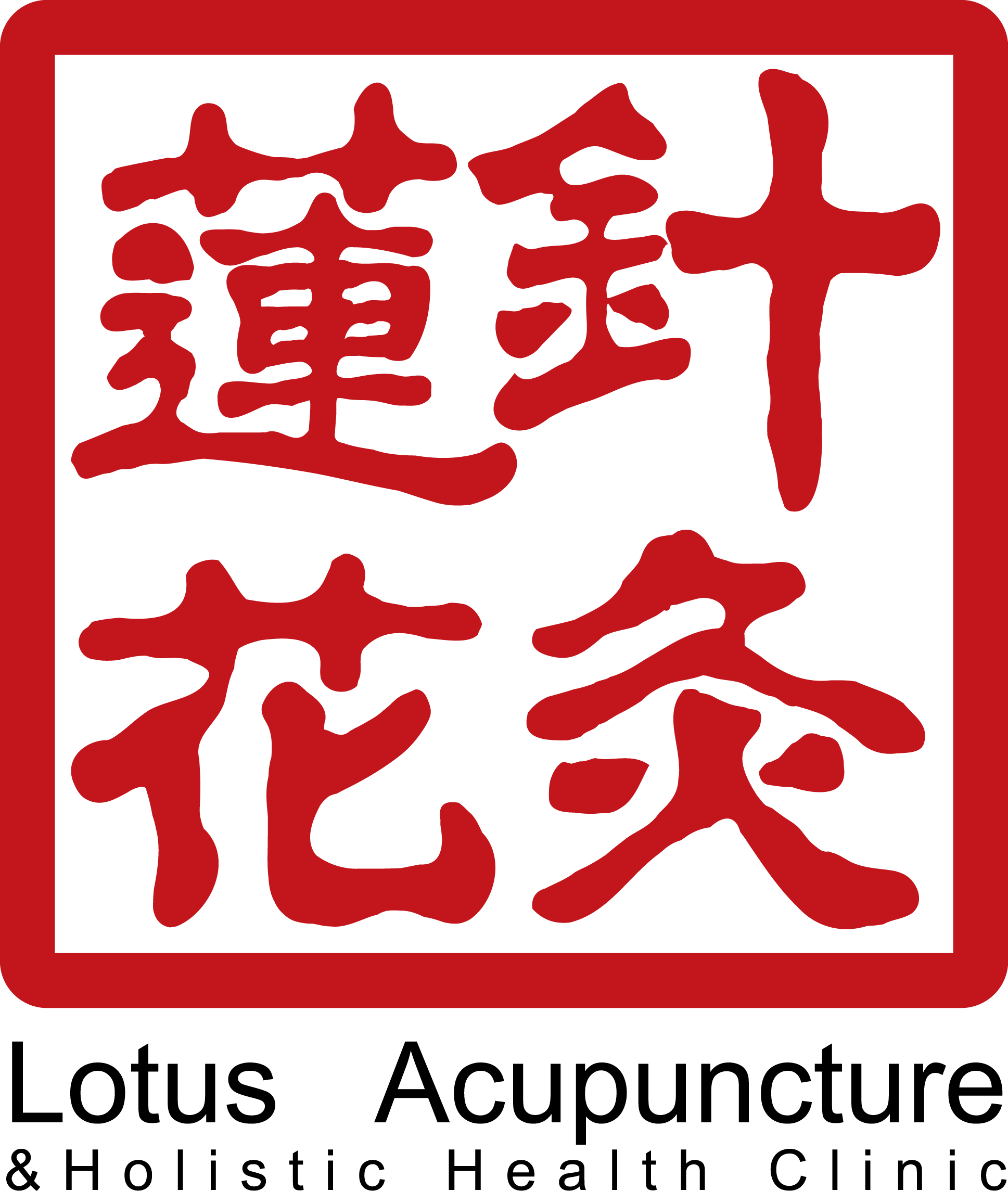
A few weeks ago, as Tina and I were sitting in my car about to leave work, a woman with a cast on her left arm came up to Tina’s window. There was a man sitting in his truck a parking space away from us quickly turned his head as she approached us. She asked if we could spare 4 dollars for a dress to purchase at CHKD next door so she could go to Church later that evening. She stressed it was very important she be at Church that night. She explained to us that she was a victim of domestic violence and just gave birth a few months ago. I said to her, “ok, go ahead and walk over to CHKD and we’ll follow you in our car and walk in to lend you four dollars for your dress.” She agreed.
Inside me, I was wondering to myself, is she telling me the truth? But, I thought to myself, why not? So, Tina and I scrounged up 3 dollars and 4 quarters between ourselves, which is what we had exactly! Funny, how that happens. We walked into CHKD after her and gave the cashier the four dollars for the dress she was holding. This woman began to cry and said “Praise Jesus, there is a Lord.” She said to us that we were angels and that it was so important for her to go to Church that night. She asked if she could give each of us a hug and so we each hugged her and left smiling.
Tina and I both talked about the event in the car and how great we felt long after the good deed and noted how long the happy feeling resonated with us for a while.
Later that night I research a little bit about acts of kindness and the beneficial effects on health. I found several scientifically proven studies. Interesting to note, the giver, receiver and the observer all reap benefits from acts of kindness.
One of the most fascinating research findings to come out in recent years is that whenever a simple act of kindness is extended by a human being towards another, it results in a significant improvement in the functioning of the immune system and increased production of serotonin in both the recipient of the kindness as well as in the person extending the kindness.
What’s even more amazing is that persons observing the act of kindness also experience a similar strengthening of the immune system and increased production of serotonin! Kindness is a win-win-win scenario which produces beneficial effects in the giver, the recipient and the observer.
People naturally feel good when they give, help or serve others because they experience something called “helper’s high,” which authors Allan Luks and Peggy Payne (The Healing Power of Doing Good) describe as a feeling of exhilaration and burst of energy similar to the endorphin-based euphoria experienced after intense exercise … followed by a period of calmness and serenity.
The benefits of kindness are not limited to immune system strengthening and serotonin production. Research has shown that those who routinely engage in acts of kindness, such as volunteers, experience alleviation of stress, chronic pain, and even insomnia.
An article in Psychology Today titled “What We Get When We Give” (by Christine Carter, Ph.D., 2/18/10) states: “People who volunteer tend to experience fewer aches and pains. Giving help to others protects overall health twice as much as aspirin protects against heart disease. People 55 and older who volunteer for two or more organizations have an impressive 44% lower likelihood of dying — and that’s after sifting out every other contributing factor, including physical health, exercise, gender, habits like smoking, marital status, and many more. This is a stronger effect than exercising four times a week or going to church.”
A study conducted at Harvard University, called this phenomenon the “Mother Teresa Effect.” Researchers showed a film to 132 Harvard students about Mother Teresa’s work among the poor people of Calcutta. They then measured the level of Immunoglobin A present in their saliva. [Note: Immunoglobin A is an antibody that plays a critical role in immunity.]
The act of kindness not only benefits the recipient , but produces the helper’s high that nourishes the mind, body and spirit of the giver.
We know negative emotions are bad for the body, so the opposite is true. Stephen Post, Ph.D., a bioethics professor at the School of Medicine at Case Western Reserve University in Cleveland states, “This transformation of being and of doing seems to promote emotional and physical well-being and, odds are, will add years to your life,”
Put more simply, it’s good to do good.
For ideas on Acts of Kindness check out:
The Random Acts of Kindness Foundation: http://www.randomactsofkindness.org/
Helping Others Organization: http://www.helpothers.org/ideas.php
As an endnote: Thank you J.G. for your Acts of Kindness and continuing kindness in helping my Father while he is in the hospital! Sending many blessings your way!




